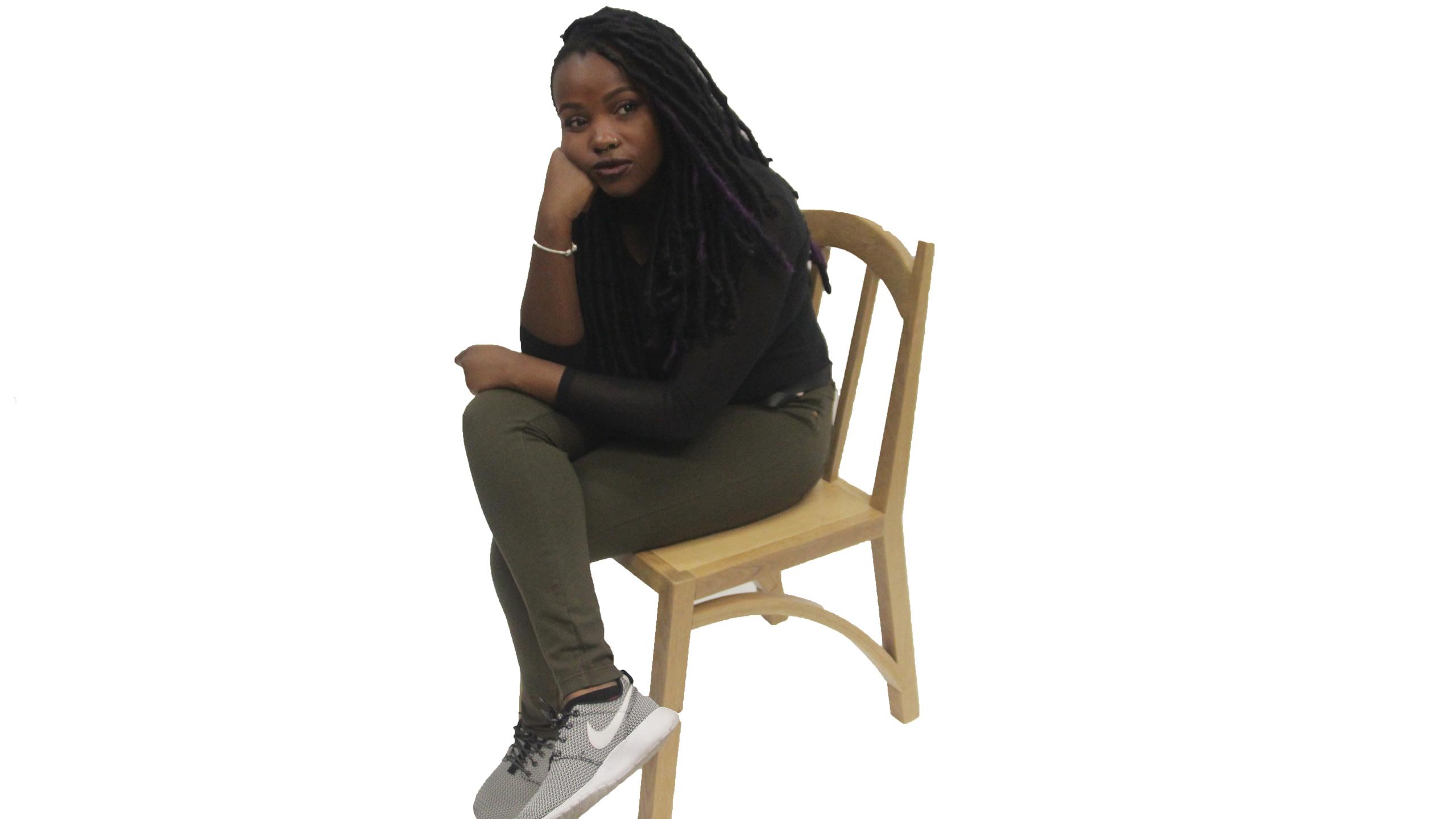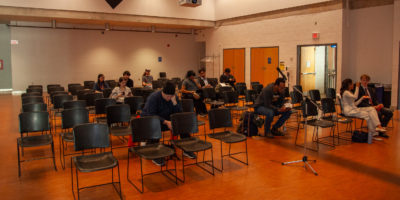By Isabelle Kirkwood
Disagreement among members of the Ryerson Students’ Union (RSU) Board of Directors (BoD) has prevented a third-party candidate from facilitating a single RSU meeting since May—which is uncommon in comparison to previous years.
The role of chairperson for RSU BoD meetings has long been a politicized and contentious one. The chair is an individual who is essentially in charge of a meeting by working as a coordinator and moderator. The RSU bylaws state that the president can submit a motion for a chairperson for each board meeting as long as that person receives two-thirds of the board’s votes.
Since the first board meeting in May, after both Spark and Elevate’s slates took administration of the organization, the board has not once legitimately voted in a chairperson who is independent from the RSU. Each potential chair has been rejected due to suspicions of bias.
In accordance with RSU bylaws, president Susanne Nyaga has been the de facto chairperson for every board meeting since May, which Nyaga said is not ideal.
“The best situation would be for me to not chair these meetings,” Nyaga said. “[After] I first brought in a [chairperson], I realized it was wasting the time of the chair, and I don’t think it’s effective to sit and have an argument over who will be the chair.”
Nyaga brought candidates to chair the August board meetings, some of whom she said needed to make long commutes to preside over these meetings, only for them to not pass the two-thirds voting threshold.
RSU vice-president education Daniel Lis said though the absence of a third-party chair has politicized the role, he believes Nyaga has behaved objectively as the designated chair. “When there are two slates [in the executive], it can be hard to compromise on absolutely everything,” Lis said.
At an emergency board meeting in July, Nyaga put forward a motion to appoint Osman Hamid, the director of student engagement and alumni development for the Ted Rogers School of Management, as the chair for the meeting. Former RSU president and current board member Obaid Ullah submitted an amendment to the motion to have Hamid chair all board meetings for the year. Hamid also chaired the May board meeting.
“I found [Hamid] completely neutral, and when he chaired past meetings, he handled tough situations really well,” said RSU vice-president operations Ali Yousaf. “He’s a part of the university, so there’s no external influence or anything.”
Yousaf and Lis both cited Hamid’s experience as a chairperson, his involvement with the university and his “neutrality” as reasons for their support of Hamid acting as permanent chairperson.
Although Hamid passed the two-thirds voting threshold in the July meeting, the meeting was later ruled out of order due to insufficient notice prior to the meeting.
“I can say that sometimes emotions and agendas take the board members away from the real people being impacted,” Hamid said in an email, about being voted in as chair.
Nyaga said Hamid’s association with the Ted Rogers Students’ Society demonstrates preference that could interfere with the meetings.
“I’m not going to get bullied into putting a chair in who I know has been biased,” Nyaga said, referring to Hamid.
According to Nyaga, the individuals she brought in to chair were accused of being associated with the Canadian Federation of Students (CFS), a national student organization that has had a contentious history with the RSU.
“I’m also not going to invite chairs out if folks think they’re all affiliated with the CFS,” she said. “None of the chairs I brought were affiliated with the CFS.”
One of Nyaga’s suggestions for chairperson was former RSU president Muhammad Ali Jabbar. Yousaf pointed to alleged social media posts from Jabbar’s Facebook page and a 2011 article from The Eyeopener as proof that indicate Jabbar has a history with the RSU and has connections to the CFS.
“I just want to have meetings without any influence from anyone else,” Yousaf said.
Although the purpose of a chairperson is for them to be a neutral facilitator, Lis said that is a difficult expectation to meet. “Everyone has political leanings,” he said. “[Osman] is from the business faculty, that’s his leaning, but do I think [he] would make a great chair? I do.”
For Nyaga, an ideal chairperson is impartial and well-versed in Robert’s Rules—the rules used to manage board meetings. Nyaga said although she found being chair “tough” in the beginning, she began to familiarize herself with Robert’s Rules and grew more comfortable in the role over time. Still, Nyaga said she would prefer for the board to agree on a third-party chairperson.
Yousaf refused to comment on how he thought Nyaga has performed as chairperson, but mentioned that the process to agree on an independent chairperson is in “deadlock.”
“This is unfortunate for all of us,” Yousaf said. “The problem I have is I’m not happy with anyone who’s going to bring in external influence from the [CFS] or any external organization.”
The executive agrees on what qualifies a chairperson, but contentions about the neutrality of candidates have caused division. For now, the board is no closer to finding and agreeing on a chair.










Leave a Reply